By increasing the heat in the atmosphere, greenhouse gases are responsible for the greenhouse effect, which ultimately leads to global warming Related 10 signs that EarthIf you made our Gummy Greenhouse Gas models, you may wonder why the molecules you made with gumdrops are called greenhouse gases Here is why If the atmosphere contains too much of these gases, the whole Earth becomes a hotter and hotter greenhouse The atmosphere holds onto tooThe greenhouse effect has kept the Earth's average temperature a good deal higher for billions of years, making it possible for life as we know it to evolve Over the past several millennia the average Earth temperature has been about 15 °C (59 °F) The figure below illustrates how greenhouse gases keep the Earth warmer than it would be
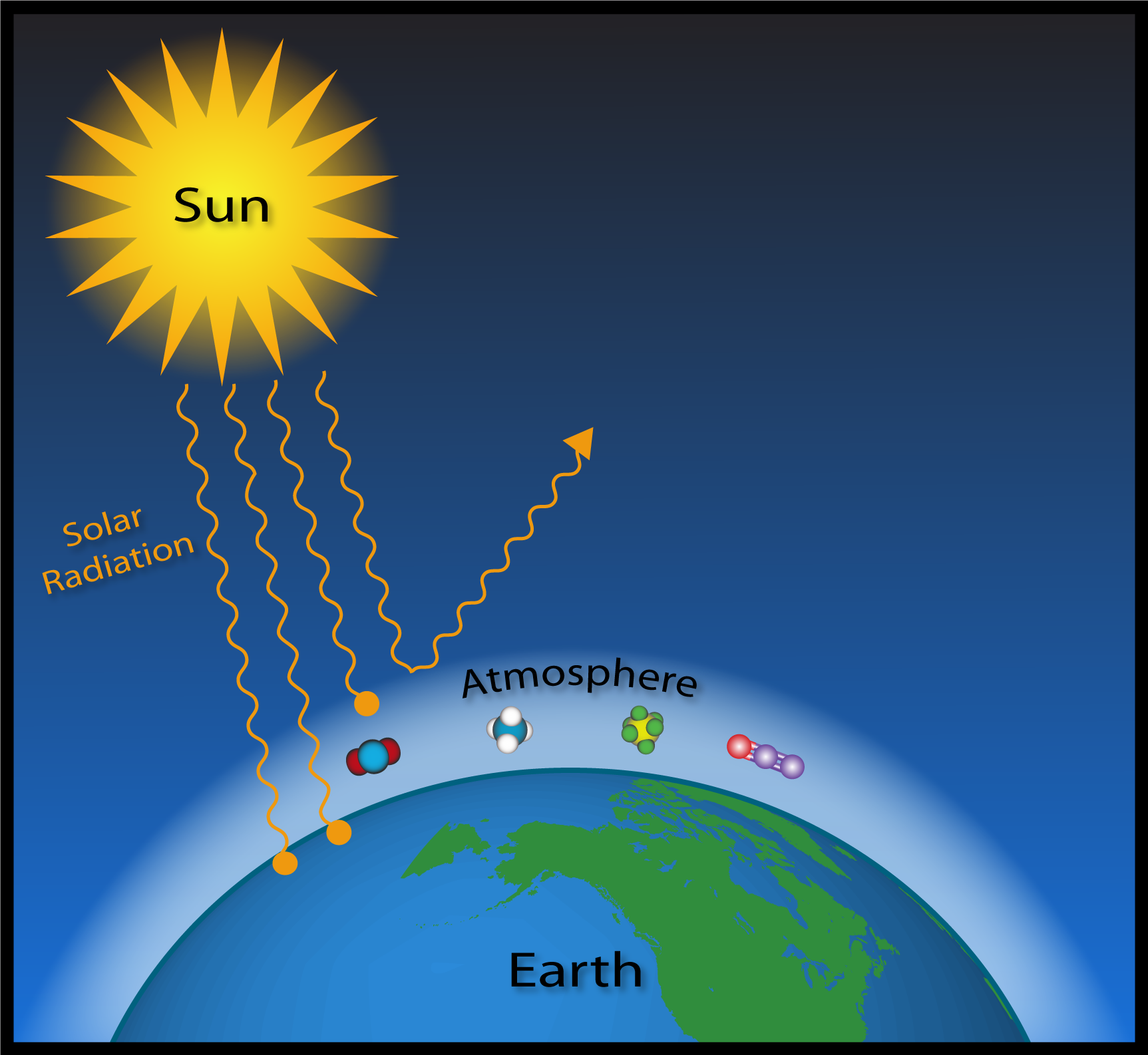
Greenhouse Gasses Captain John Smith Chesapeake National Historic Trail U S National Park Service
Greenhouse gases effect on earth
Greenhouse gases effect on earth- Greenhouse gases are any gas that has the property of absorbing infrared radiation (net heat energy) from the earth's surface and returning it to the earth's surface Gases that trap heat within Earth's atmosphere are called Greenhouse gases They allow sunlight to pass through the atmosphere but prevent sunlight from escapingEffects of increased greenhouse gases The growing concentrations of humangenerated GHGs have resulted in an increased absorption, largely in the lower atmosphere, of the heat radiated from Earth's surface, causing an increase in the global (land and ocean) mean surface temperature of 085 ± 0 °C from 10 to 12 ( Stocker et al 13a



Climate Science Investigations South Florida Energy The Driver Of Climate
Earth as a closedup greenhouse would soon grow to be ghastly!Earth's early atmosphere probably had less oxygen than now, but more carbon dioxide and water Increases in greenhouse gases are leading to climate changeThe Greenhouse Effect The greenhouse effect is a natural phenomenon that insulates the Earth from the cold of space As incoming solar radiation is absorbed and reemitted back from the Earth's surface as infrared energy, greenhouse gases (GHGs) in the atmosphere prevent some of this heat from escaping into space, instead reflecting the energy back to further warm the surface
The gases absorb solar energy and keep heat close to Earth's surface, rather than letting it escape into space That trapping of heat is known as the greenhouse effect The roots of the greenhouseMain Greenhouse Gases Multiple gases contribute to the greenhouse effect that sets Earth's temperature over geologic time Small changes in the atmospheric concentration of these gases can lead to changes in temperature that make the difference between ice ages when mastodons roamed the Earth, and the sweltering heat in which the dinosaurs livedThe temperature of the Earth, as well as the temperature of other planets, depends strongly on the composition of the atmosphere and how significant the effects of the greenhouse effect are On Earth, the temperature is kept at a comfortable level since the atmosphere traps some of the radiant heat from the Sun, warming the surface and sustaining life This trapping is done by greenhouse
Greenhouse Effect The greenhouse effect refers to the rise in the global average temperature of the earth The greenhouse effect is a process that occurs when gases in Earth's atmosphere trap the Sun's heat This process makes Earth much warmer than it would be without an atmosphere The greenhouse effect is one of the things that makes Earth a comfortable The greenhouse effect helps to maintain a certain temperature level on Earth's surface, making it habitable for the living beings Thanks to the greenhouse gases, the earth is warm enough to sustain life It has been estimated that without the presence of atmosphere and gases, the temeparture of the Earth would have been somewhere aroundThe greenhouse effect is a natural phenomenon and is beneficial for us Certain gases in the atmosphere retain part of the thermal radiation emitted by the Earth's surface after being heated by the sun, this maintains the planet's temperature at a level suitable for the development of life Human action, however, has increased the presence of




Carbon Cycle And Greenhouse Effect A Scientific Infographic




Greenhouse Effect Video For Kids The Greenhouse Effect Youtube
Greenhouse gas, any gas that has the property of absorbing infrared radiation (net heat energy) emitted from Earth's surface and reradiating it back to Earth's surface, thus contributing to the greenhouse effect Carbon dioxide, methane, and water vapour are the most important greenhouse gases (To a lesser extent, surfacelevel ozone, nitrous oxides, and fluorinated gases Without its atmosphere and the greenhouse effect, the average temperature at the surface of the Earth would be zero degrees Fahrenheit However, too many greenhouse gases can cause the temperature to increase out of control Such is the case on Venus where greenhouse gases are abundant and the average temperature at the surface is more than 855 degrees Greenhouse effect is the mechanism by which thermal radiation from earth's surface is reabsorbed by greenhouse gases and redirected in all directions Some of the major green house gases are
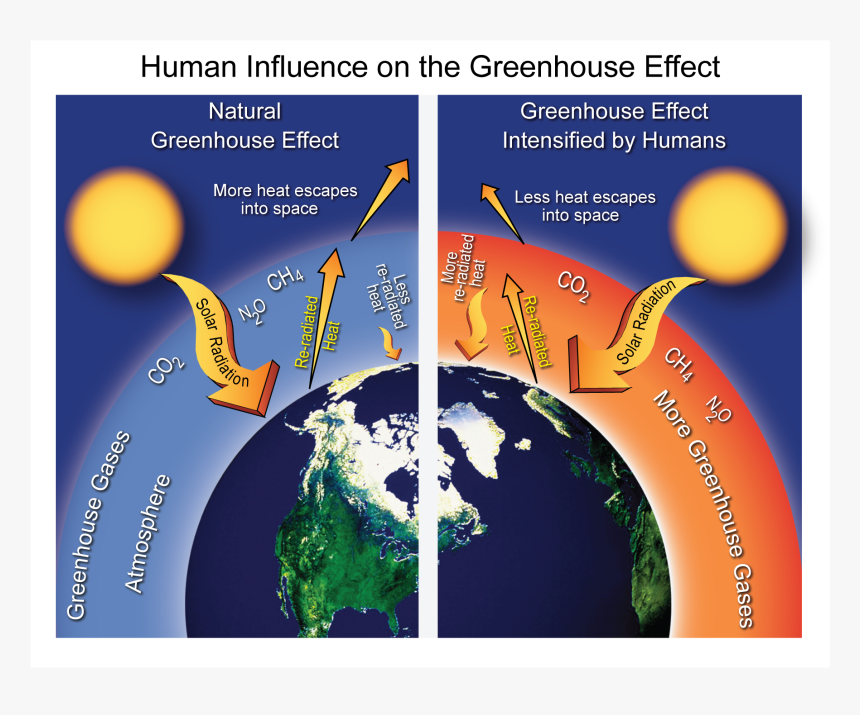



Greenhouse Gases Effect On The Environment Hd Png Download Kindpng




Global Warming Schools
Scientists attribute the global warming trend observed since the mid th century to the human expansion of the "greenhouse effect" 1 — warming that results when the atmosphere traps heat radiating from Earth toward space Certain gases in the atmosphere block heat from escaping Longlived gases that remain semipermanently in the atmosphere and do not respondGreenhouse effect, a warming of Earth's surface and troposphere (the lowest layer of the atmosphere) caused by the presence of water vapour, carbon dioxide, methane, and certain other gases in the air Of those gases, known as greenhouse gases, water vapour has the largest effect The origins of the term greenhouse effect are unclear French mathematician JosephBut the problem comes when there are too many greenhouse gases
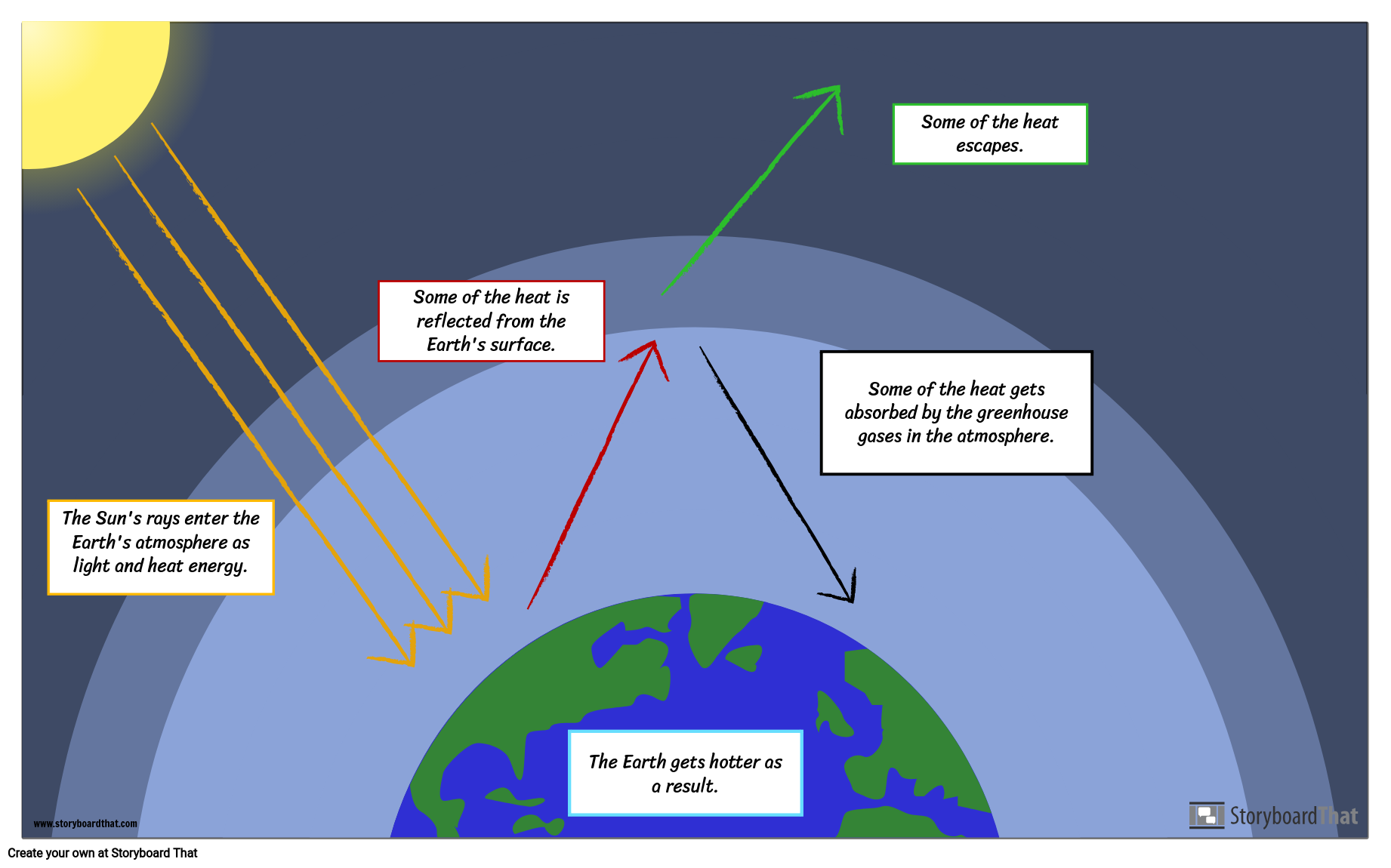



Creating A Greenhouse Effect Diagram




Carbon Dioxide Methane Nitrous Oxide And The Greenhouse Effect Conservation In A Changing Climate
More technically Atmosphere and clouds are similar gases because greenhouse gases effectively absorb the thermal infrared radiation emitted from the Earth's surface Atmospheric radiation is emitted on all sides, including the bottom of the Earth's surface Therefore, greenhouse gases trap heat within Earth's atmosphere This is called the greenhouse effect Without any greenhouse gases, Earth would be an icy wasteland Greenhouse gases keep our planet livable by holding onto some of Earth's heat energy so that it doesn't all escape into space This heat trapping is known as the greenhouse effect Just as too little greenhouse gas makes Earth too cold, too much greenhouse gas makes Earth too warm Over the last The greenhouse effect happens when certain gases, which are known as greenhouse gases, accumulate in Earth's atmosphereGreenhouse gases include carbon dioxide (CO 2), methane (CH 4), nitrous oxide (N 2 O), ozone (O 3), and fluorinated gases Greenhouse gases allow the sun's light to shine onto Earth's surface, and then the gases, such as ozone,




Understanding Greenhouse Effect Warming Of Earth Through Everyday Examples Youtube
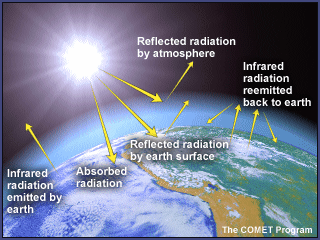



The Greenhouse Effect Greenhouse Gases
Some gases are more effective than others at making the planet warmer and "thickening the Earth's blanket" For each greenhouse gas, a Global Warming Potential (GWP) has been calculated to reflect how long it remains in the atmosphere, on average, and how strongly it absorbs energy Gases with a higher GWP absorb more energy, per pound, than gases with a Greenhouse gases warm the planet Scientists know with virtual certainty that increasing greenhouse gas concentrations tend to warm the planet In computerbased models, rising concentrations of greenhouse gases produce an increase in the average surface temperature of the earth over timeIn descending order, the gases that contribute most to the Earth's greenhouse effect are water vapour (H 2 O) carbon dioxide (CO 2) nitrous oxide(N 2 O) methane (CH 4) ozone (O 3) In terms of the amount of heat these gases can absorb and reradiate (known as their global warming potential or GWP), CH 4 is 23 times more effective and N 2 O is 296 times more effective than CO 2
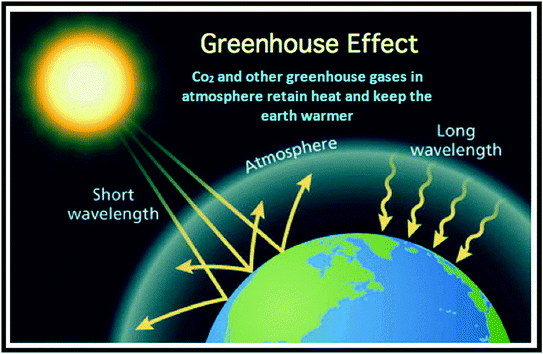



Reducing The Impacts Of Greenhouse Gases Springerlink
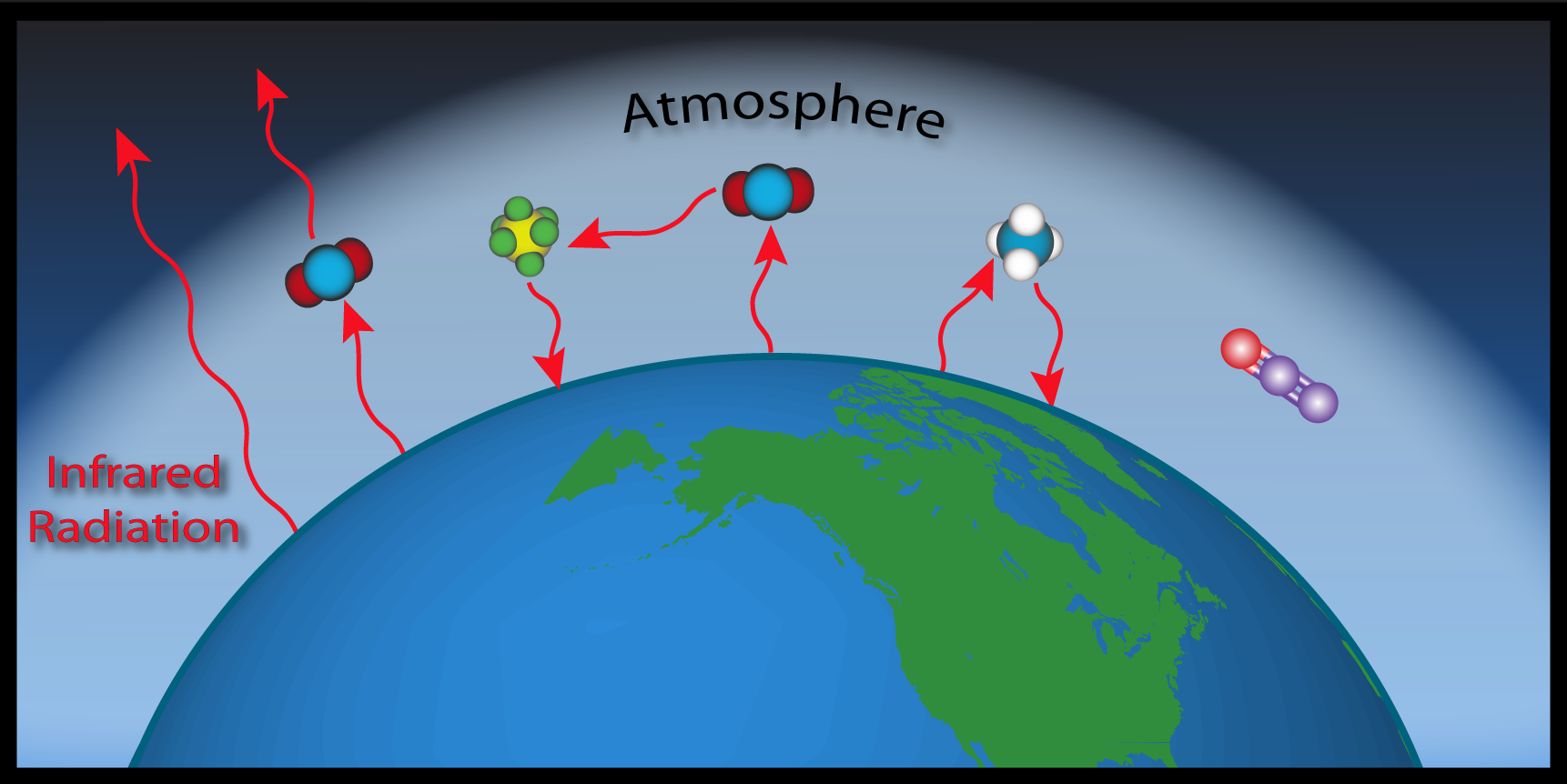



What Is The Greenhouse Effect And How Does It Affect Our Life
Importance in Energy Budget When referring to the Earth's climate, greenhouse effect is the natural heating of a planet's surface from absorption by atmospheric greenhouse gases such as methane, carbon dioxide, and water vapour Without the greenhouse effect, the Earth would not be in an energy balance Thus to account for this offset, the temperature of the Earth would Climate forcing refers to a change in the Earth's energy balance, leading to either a warming or cooling effect over time An increase in the atmospheric concentrations of greenhouse gases produces a positive climate forcing, or warming effect From 1990 to 19, the total warming effect from greenhouse gases added by humans to the Earth's atmosphere increased by 45 The term "greenhouse gas effect" generally has negative connotations these days, but that hasn't always been the case The phenomena whereby certain gaseous compounds trap the sun's heat and act as a blanket of insulation around Earth is




Greenhouse Gas Levels In Atmosphere Reach New Record World Meteorological Organization
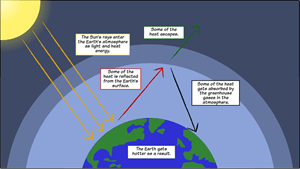



Creating A Greenhouse Effect Diagram
Although greenhouse gases make up only about 1 percent of the Earth's atmosphere, they regulate our climate by trapping heat and holding it in aGreenhouse gases in the atmosphere absorb heat energy and prevent it escaping into space This keeps the Earth warmer than it would be without these gases Greenhouse gases are not a The greenhouse effect is the name that's given to the way that greenhouse gas emissions heat up the earth's atmosphere Like greenhouse gases themselves, the greenhouse effect is a natural process We need the greenhouse effect to keep the earth at a cosy average of 15C That's what makes life on earth possible 9!




The Greenhouse Effect World101




What Is The Greenhouse Effect The Environment For Kids Updated Version Youtube
A greenhouse gas (GHG or GhG) is a gas that absorbs and emits radiant energy within the thermal infrared range, causing the greenhouse effect The primary greenhouse gases in Earth's atmosphere are water vapor (H 2 O), carbon dioxide (CO 2), methane (CH 4), nitrous oxide (N 2 O), and ozone (O 3)Without greenhouse gases, the average temperature of Earth's surface wouldGreenhouse gases and the greenhouse effect Some gases in the Earth's atmosphere trap heat and stop it escaping into space We call these 'greenhouse gases' These gases act as a warming blanket around the Earth, known as the 'greenhouse effect' Greenhouse gases come from both human and natural sources Gases like carbon dioxide, methane, and nitrous oxide naturallyWater vapor is known to be Earth's most abundant greenhouse gas, but the extent of its contribution to global warming has been debated Using recent NASA satellite data, researchers have estimated more precisely than ever the heattrapping effect of water in the air, validating the role of the gas as a critical component of climate change Andrew Dessler and colleagues from
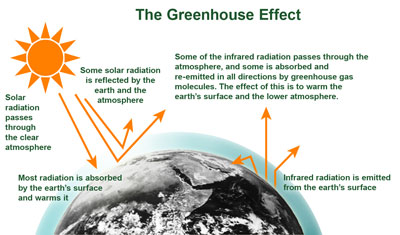



The Effect Of Climate Change On Water Resources And Programs Watershed Academy Web Us Epa
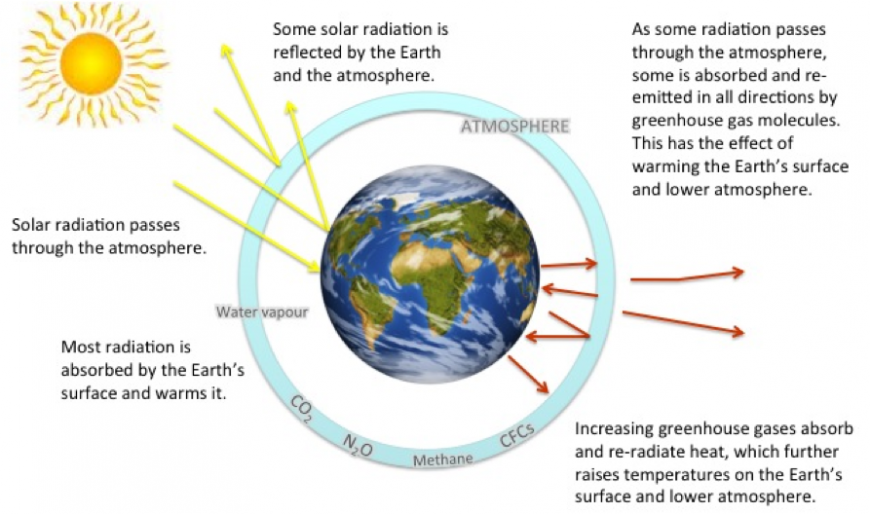



What Is The Greenhouse Effect Isric World Soil Museum
The 'greenhouse effect' is the warming of climate that results when the atmosphere traps heat radiating from Earth toward space Certain gases in the atmosphere resemble glass in a greenhouse, allowing sunlight to pass into the 'greenhouse,' but blocking Earth's heat from escaping into space The gases that contribute to the greenhouse effect include water vapor, The greenhouse effect is the way in which heat is trapped close to Earth's surface by "greenhouse gases" These heattrapping gases can be thought of as a blanket wrapped around Earth, keeping the planet toastier than it would be without them Greenhouse gases include carbon dioxide, methane, and nitrous oxides Scientists have determined that carbon dioxide's warming effectGlobal warming is the unusually rapid increase in Earth's average surface temperature over the past century primarily due to the greenhouse gases released as people burn fossil fuels The global average surface temperature rose 06 to 09 degrees Celsius (11 to 16° F) between 1906 and 05, and the rate of temperature increase has nearly doubled in the last 50 years



1
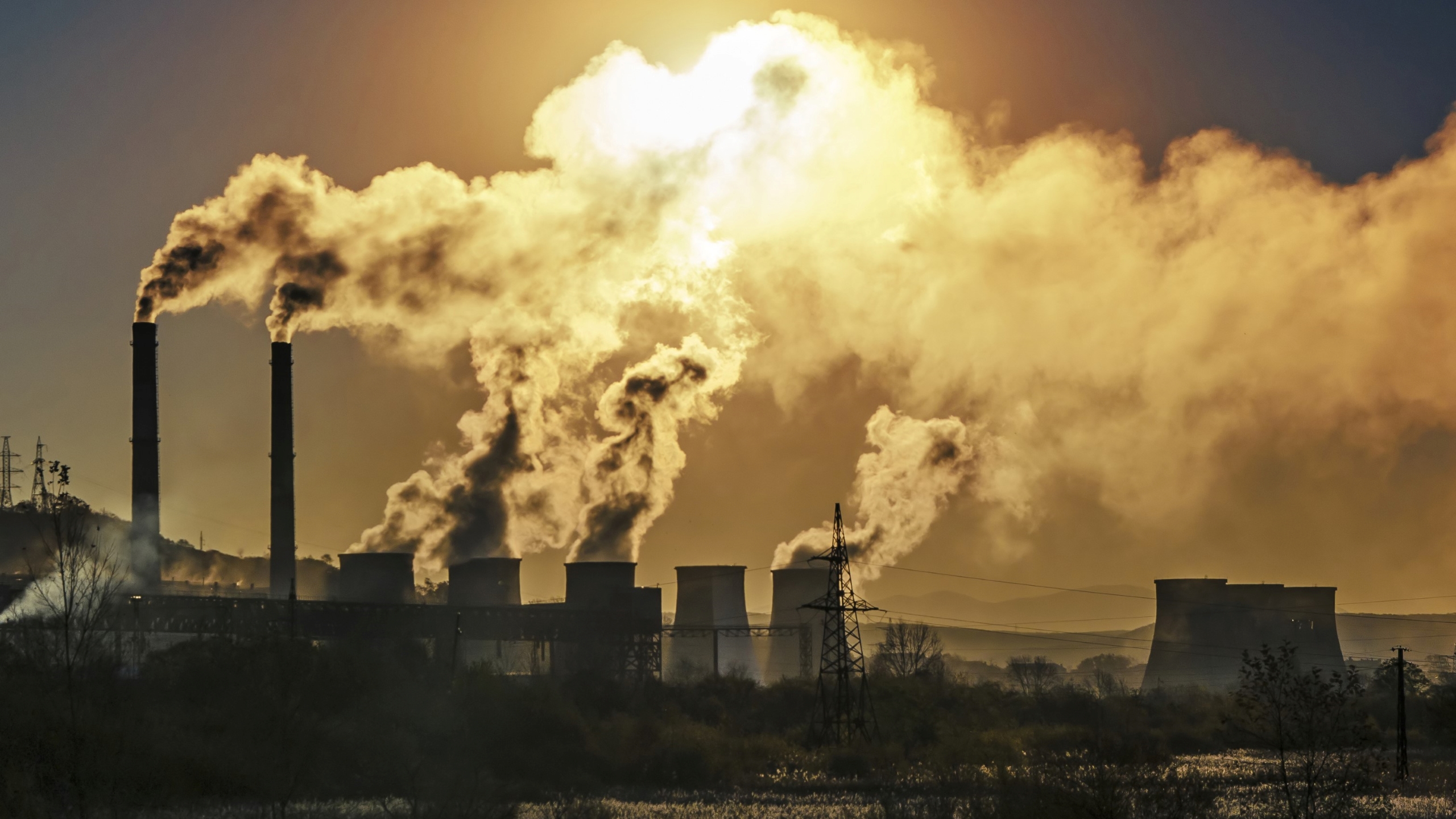



Greenhouse Gases Causes Sources And Environmental Effects Live Science
Greenhouse gases in the atmosphere absorb solar radiation in the form of heat, therefore heating up the Earth Without the greenhouse effect, Earth would have a temperature of °C However, human activity is increasing the amount of greenhouse gases in the atmosphere, meaning that more and more heat is being absorbed, which in turn drives things such as globalThe greenhouse effect occurs when Earth's atmosphere traps solar radiation because of the presence of certain gases, which causes temperatures to rise However, due to the increased levels of greenhouse gases, the temperature of the earth has increased considerably This has led to several drastic effects Let us have a look at the greenhouse gases and the causes and consequences of greenhouse effects Also Read Global Warming Greenhouse Gases "Greenhouse gases are the gases that absorb the infrared radiations and create a greenhouse




The Science Hoosier Environmental Council




Banning The Super Greenhouse Gas Environment All Topics From Climate Change To Conservation Dw 17 10 16
Greenhouse gases are gases in the Earth's atmosphere that produce the greenhouse effect Changes in the concentration of certain greenhouse gases, from human activity (such as burning fossil fuels), increase the risk of global climate change Greenhouse gases include water vapor, carbon dioxide (CO 2), methane, nitrous oxide, halogenated fluorocarbons,Earth's natural greenhouse effect Earth's temperature begins with the Sun Roughly 30 percent of incoming sunlight is reflected back into space by bright surfaces like clouds and ice Of the remaining 70 percent, most is absorbed by the land and ocean, and the rest is absorbed by the atmosphere The absorbed solar energy heats our planet As the rocks, the air, and the seas The natural greenhouse effect is a phenomenon caused by gases naturally present in the atmosphere that affect the behaviour of the heat energy radiated by the sun In simple terms, sunlight (shortwave radiation) passes through the atmosphere, and is absorbed by Earth's surface This warms Earth's surface, and then Earth radiates some of this energy (as infrared, or
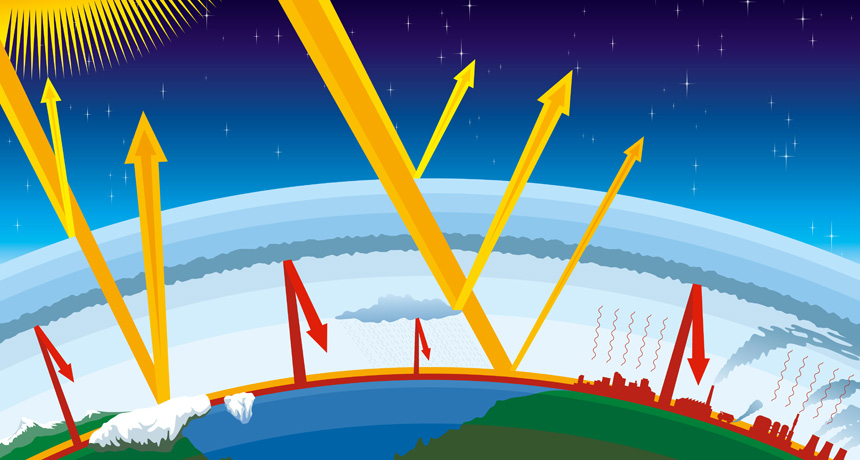



Explainer Global Warming And The Greenhouse Effect Science News For Students
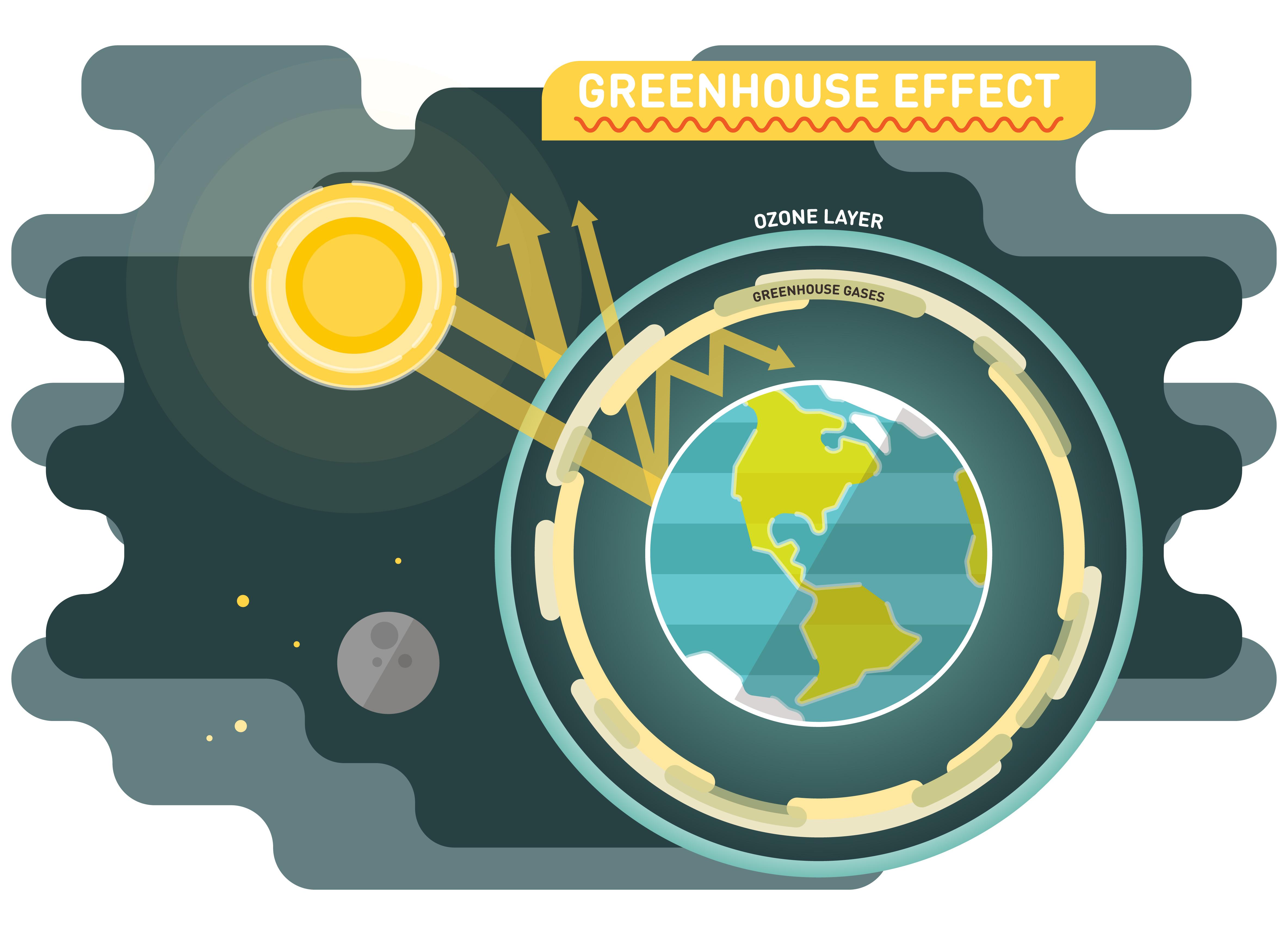



Why The Greenhouse Effect Is Important How It Affects The Climate
The greenhouse effect keeps Earth's climate comfortable Without it, surface temperatures would be cooler by about 33 degrees Celsius (60 degrees Fahrenheit), and many life forms would freeze Since the Industrial Revolution in the late 1700s and early 1800s, people have been releasing large quantities of greenhouse gases into the atmosphere The greenhouse effect works much the same way on Earth Gases in the atmosphere, such as carbon dioxide, trap heat similar to the glass roof of a greenhouse These heattrapping gases are called greenhouse gases During the day, the Sun shines through the atmosphere Earth's surface warms up in the sunlight At night, Earth's surface coolsGreenhouse Gases and the Greenhouse Effect Greenhouse gases are responsible for the Greenhouse Effect But before we investigate that, let's find out what greenhouse gases are Can you name any of them?



Volcanoes Greenhouse Gases And Temperature Change
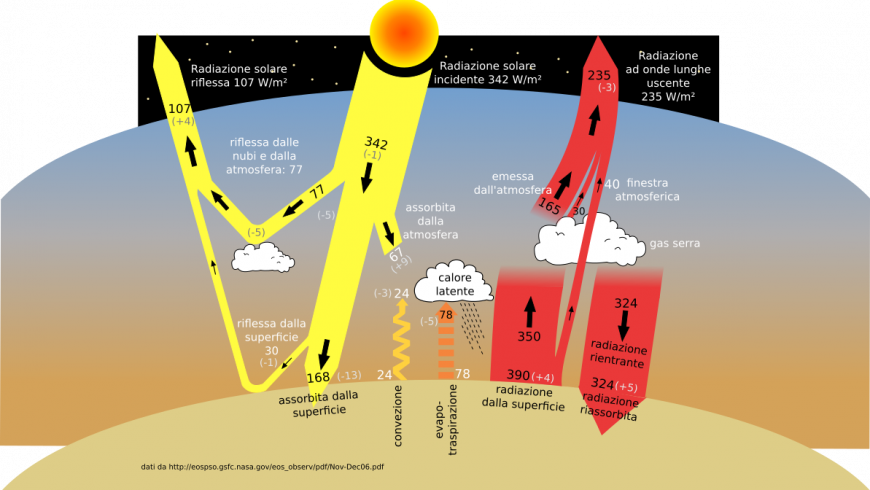



Greenhouse Gases What Are They What Can We Do To Reduce Emissions
The greenhouse effect is the process thanks to which Earth has a higher temperature than it would have without it The gases that radiate heat also known as greenhouse gases absorb the energy radiated out by the Earth and reflect a part of it back to Earth Of all the energy that the Earth receives from the Sun, a part of it around 26% is reflected back to spaceThe greenhouse effect is the process by which radiation from a planet's atmosphere warms the planet's surface to a temperature above what it would be without this atmosphere Radiatively active gases (ie, greenhouse gases) in a planet's atmosphere radiate energy in all directionsPart of this radiation is directed towards the surface, thus warming itThe most wellknown greenhouse gas is Carbon Dioxide, also known as CO2 Other greenhouse gases are methane, carbon monoxide, sulphur dioxide, nitrous oxide and water vapour But greenhouse




Greenhouse Gases Tips To Reduce Your Greenhouse Gases Delmarfans Com




Coyote Blog The Basics Of The Greenhouse Gas Effect



How Greenhouse Gases Influence Climate The Weather Gamut



The Greenhouse Effect




What Is Climate Change Climate Assembly




The Causes Of Climate Change Appalachian Mountain Club
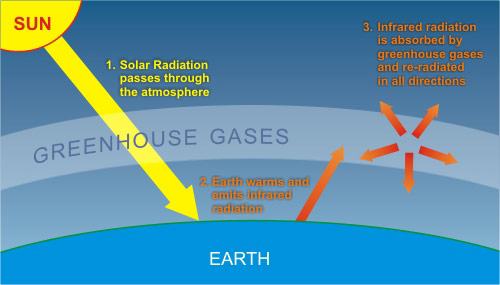



How Do We Know More Co2 Is Causing Warming
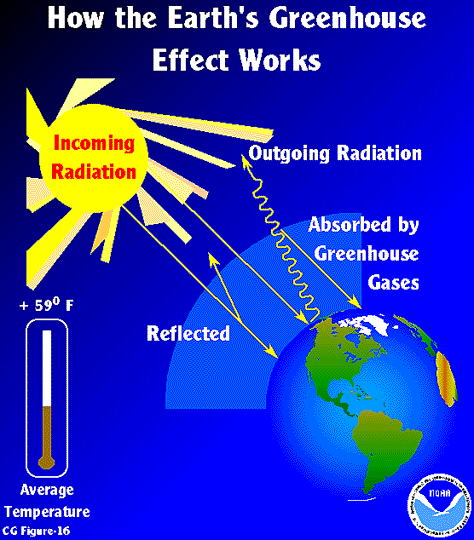



Esrl Global Monitoring Laboratory Education And Outreach




2c Explore The Greenhouse Effect




Calen E Andres The Greenhouse Effect Is When Greenhouse Gases A Series Of Gases In The Athmosphere Traps The Sun S Rays When It Comes To The Earth Ppt Download
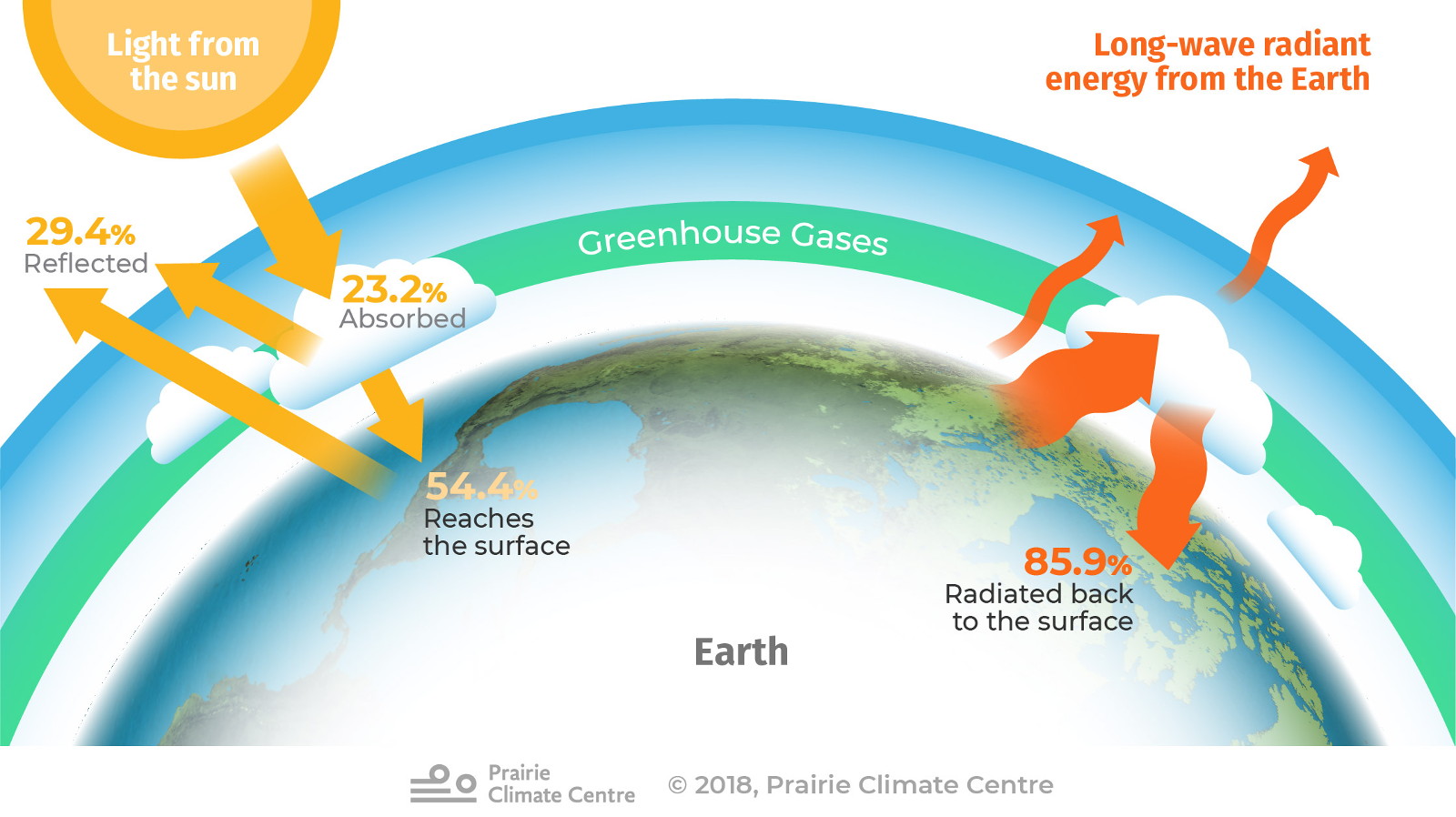



Greenhouse Gases Climate Atlas Of Canada




File Earth S Greenhouse Effect Us Epa 12 Png Wikimedia Commons



Is The Ipcc So Wrong Their Theories Contradict A Basic Laws Of Physics Grist
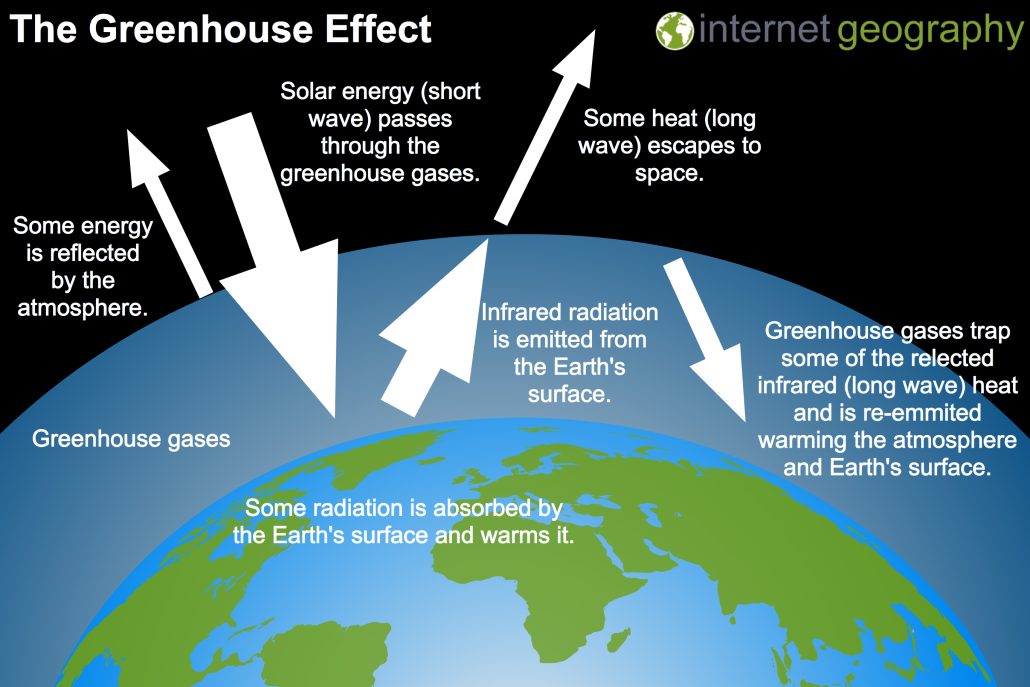



What Causes Climate Change Internet Geography




Greenhouse Effect 101 Nrdc




An Introduction To Exoplanets 2 2 The Greenhouse Effect Openlearn Open University Exo 1




5 Notorious Greenhouse Gases Britannica




Greenhouse Gases Effects Google Search Greenhouse Gases Effect Greenhouse Gases Greenhouse Effect




Greenhouse Effect And Greenhouse Gases Youtube




The Perks Of Greenhouse Effect Top 5 Advantages Of Greenhouse Gases By Ameelia Black Medium



1




Greenhouse Gasses Captain John Smith Chesapeake National Historic Trail U S National Park Service




Greenhouse Effect 101 Nrdc




Greenhouse Effect Global Warming Definition Solution Facts




What Is The Greenhouse Effect
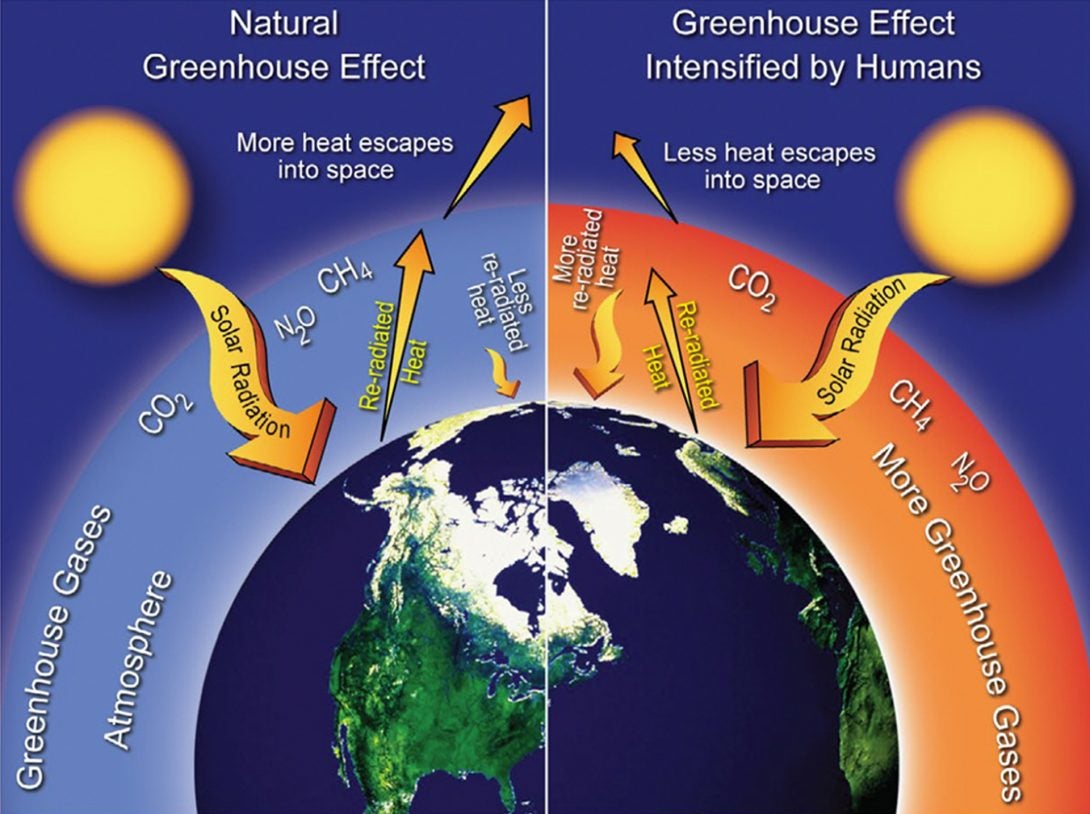



Causes Building Resilience Against Climate Effects University Of Illinois Chicago



3 3 Greenhouse Gases Environmental Change Network




Greenhouse Gas Effect Global Warming And Climate Changein Cccpir



Humans And The Greenhouse Effect Climate Institute




Greenhouse Effect Wikipedia



Greenhouse Gas Wikipedia



What Is The Greenhouse Effect Nasa Climate Kids
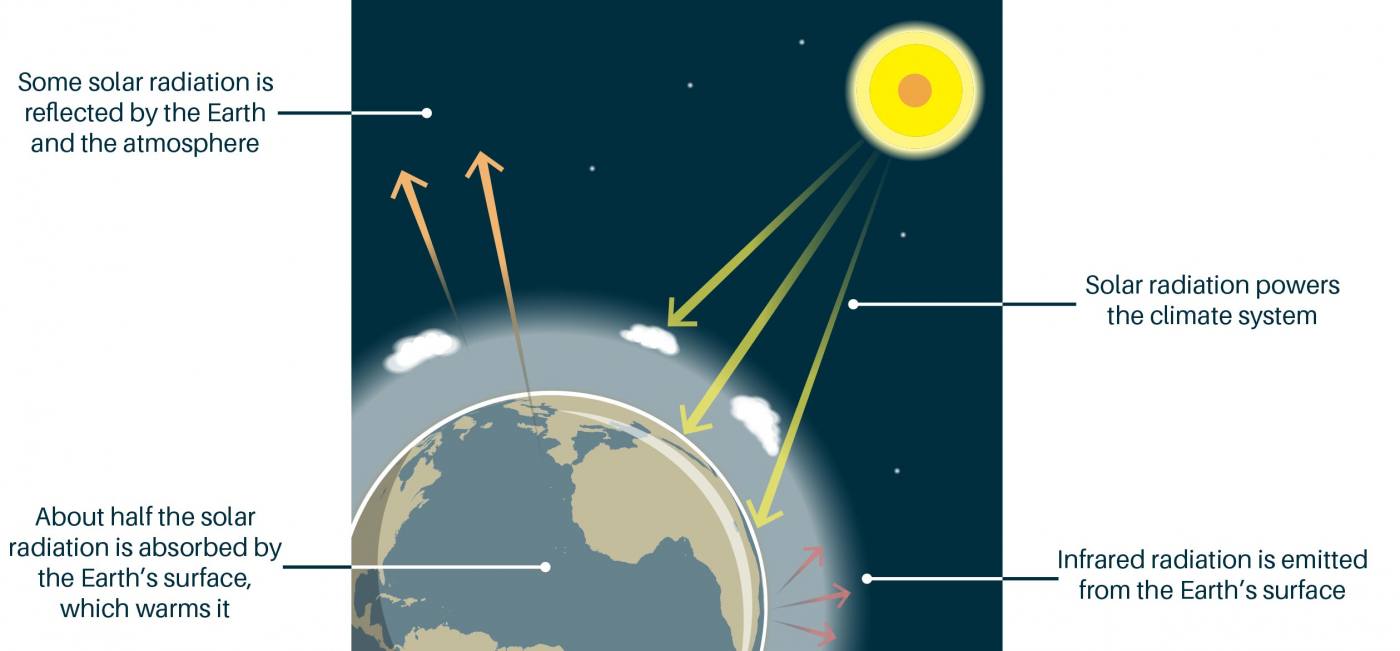



The Greenhouse Effect British Geological Survey
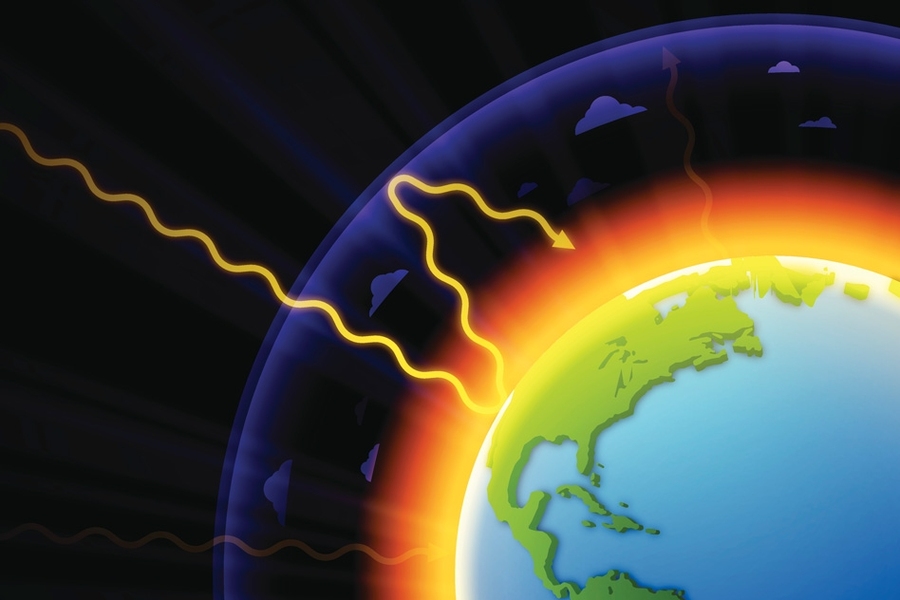



Explained Greenhouse Gases Mit News Massachusetts Institute Of Technology
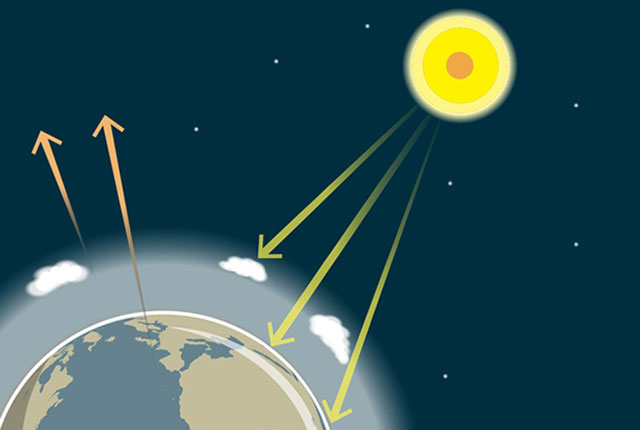



The Greenhouse Effect British Geological Survey




The Greenhouse Effect




Climate Change And Greenhouse Gas Emissions City Of Lakewood




2c Explore The Greenhouse Effect




Human Influence On The Greenhouse Effect Globalchange Gov
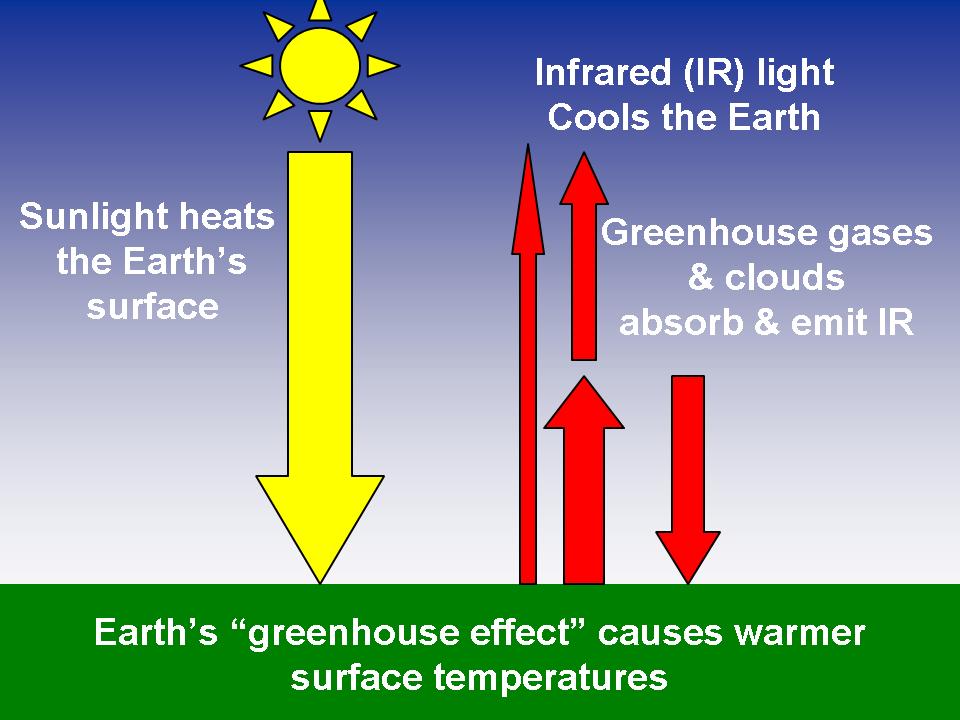



Weatherquestions Com What Is The Greenhouse Effect What Are Greenhouse Gases



Misconception Monday Is Greenhouse Misleading National Center For Science Education




What Causes The Greenhouse Effect And What Are The Consequences Eden Springs
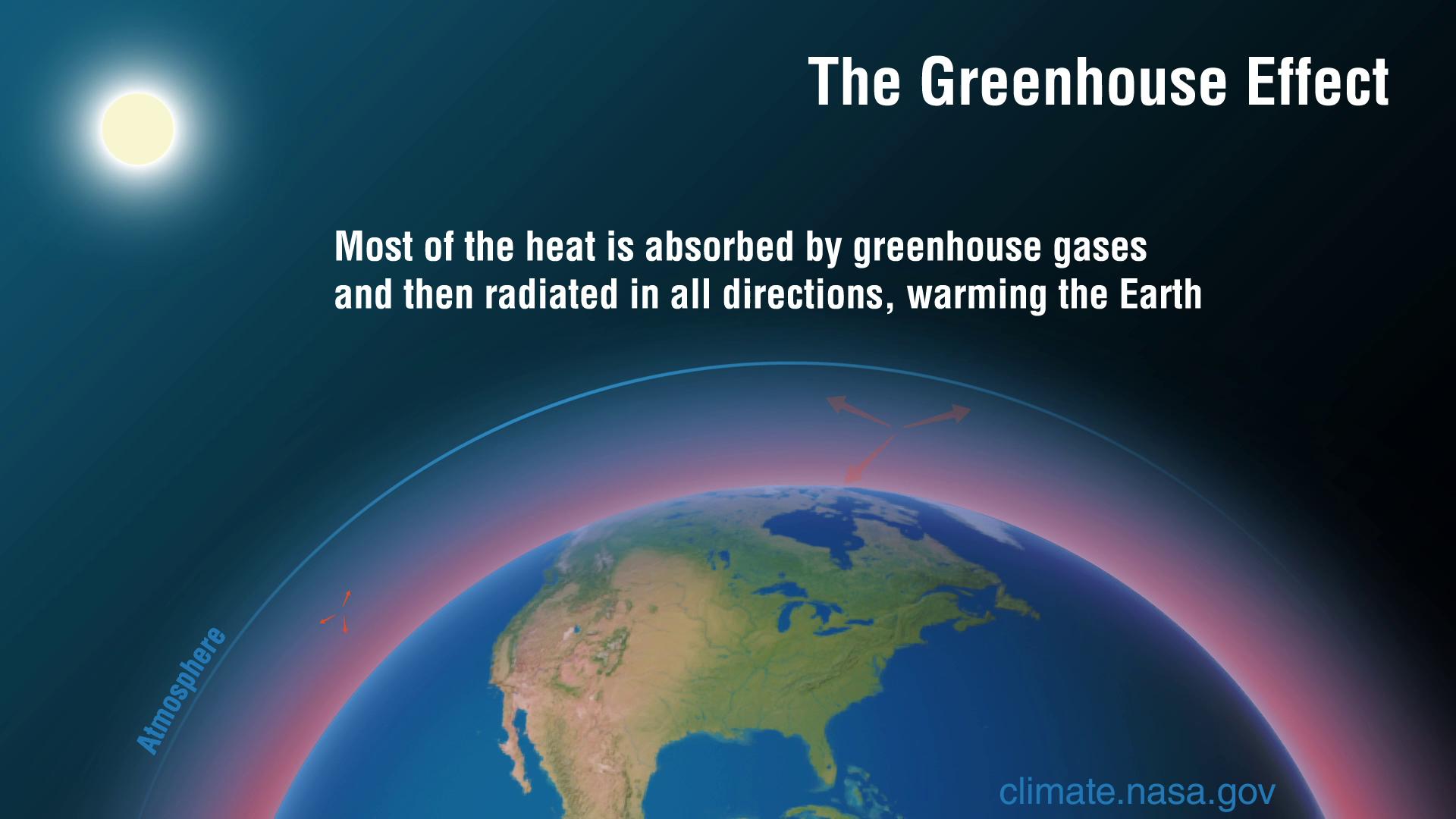



Causes Facts Climate Change Vital Signs Of The Planet
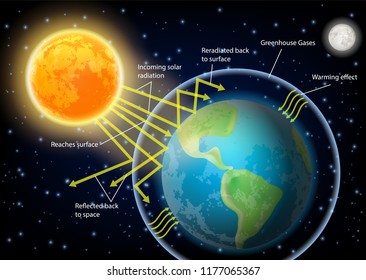



Greenhouse Gases Images Stock Photos Vectors Shutterstock
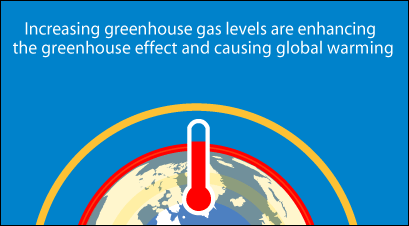



What Is Global Warming What S Your Impact
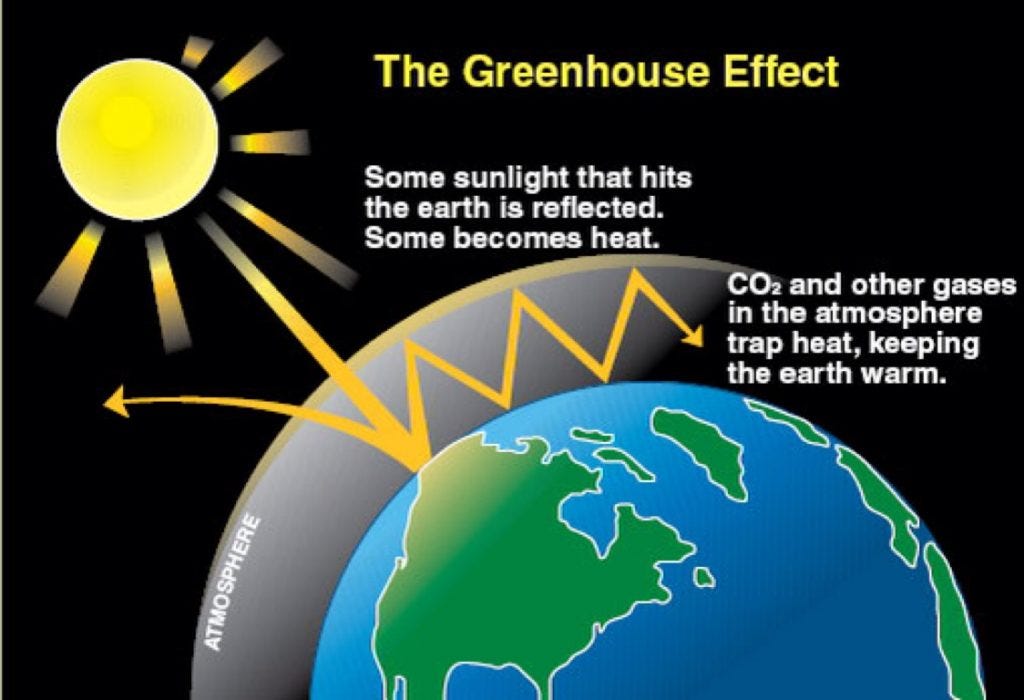



Greenhouse Effect Advantages And Disadvantages By Tutorbin Medium



The Greenhouse Effect




Greenhouse Gases U S Energy Information Administration Eia



Untitled Document




Greenhouse Gases And The Enhanced Greenhouse Effect Video Lesson Transcript Study Com
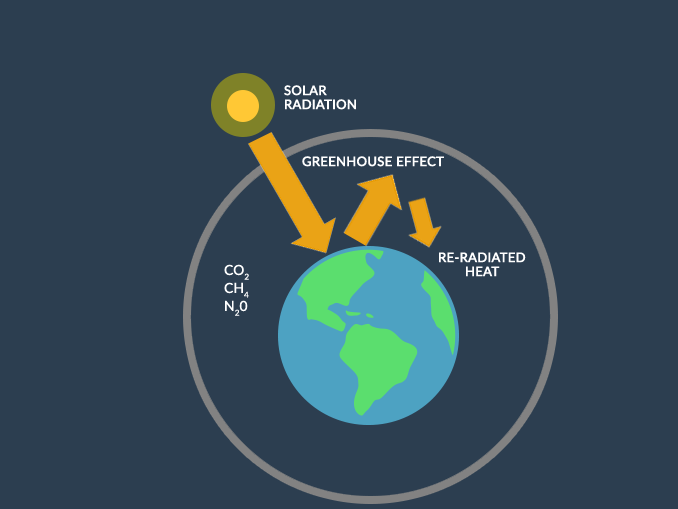



How The Greenhouse Effect Traps Heat And Warms Earth Earth How




The Greenhouse Effect Climate Matters
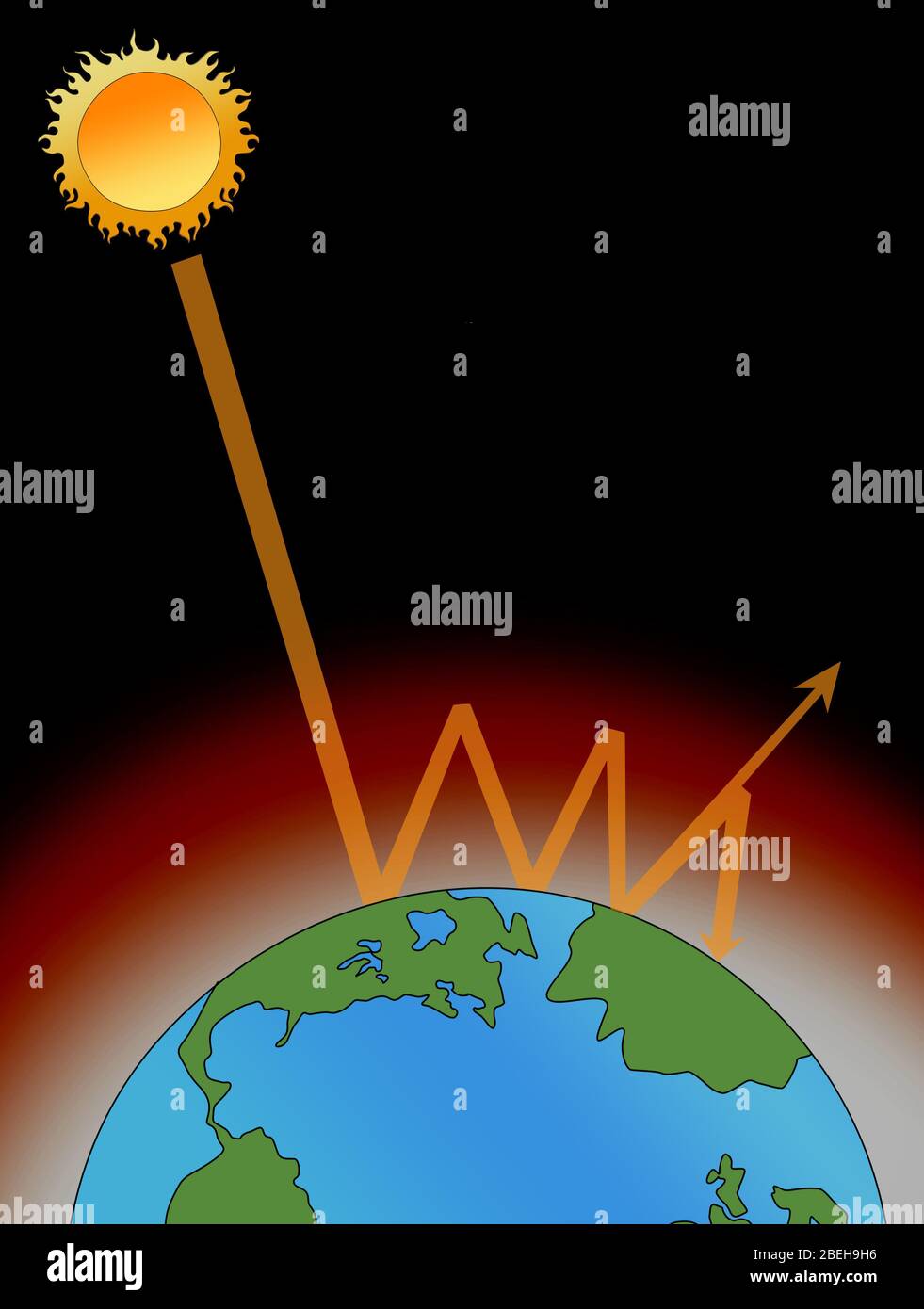



Greenhouse Gases Earth High Resolution Stock Photography And Images Alamy




The Greenhouse Effect Ucar Center For Science Education
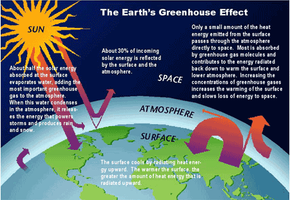



The Greenhouse Effect Howstuffworks
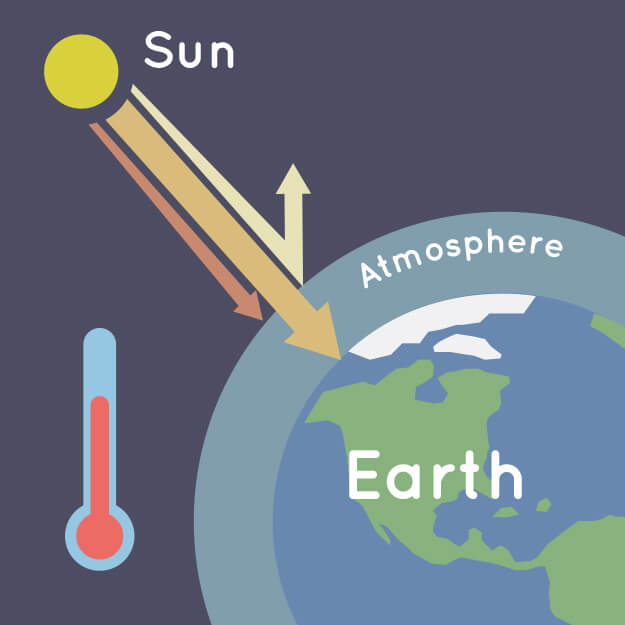



What Is The Greenhouse Effect Nasa Climate Kids
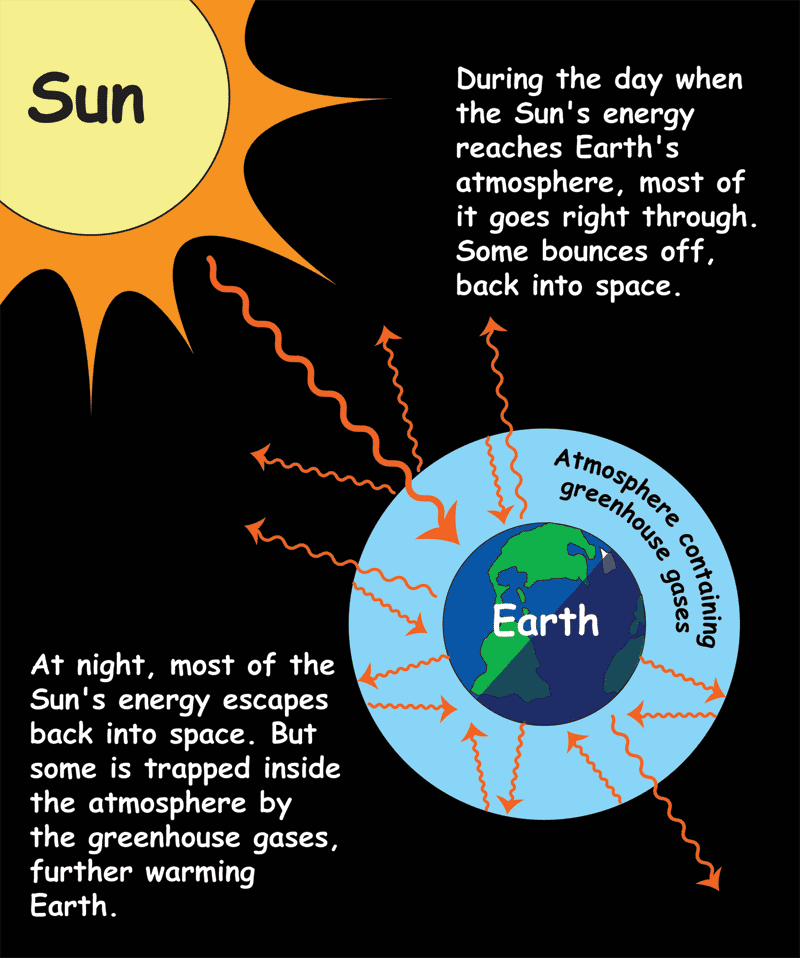



The Greenhouse Effect Nasa Space Place Nasa Science For Kids
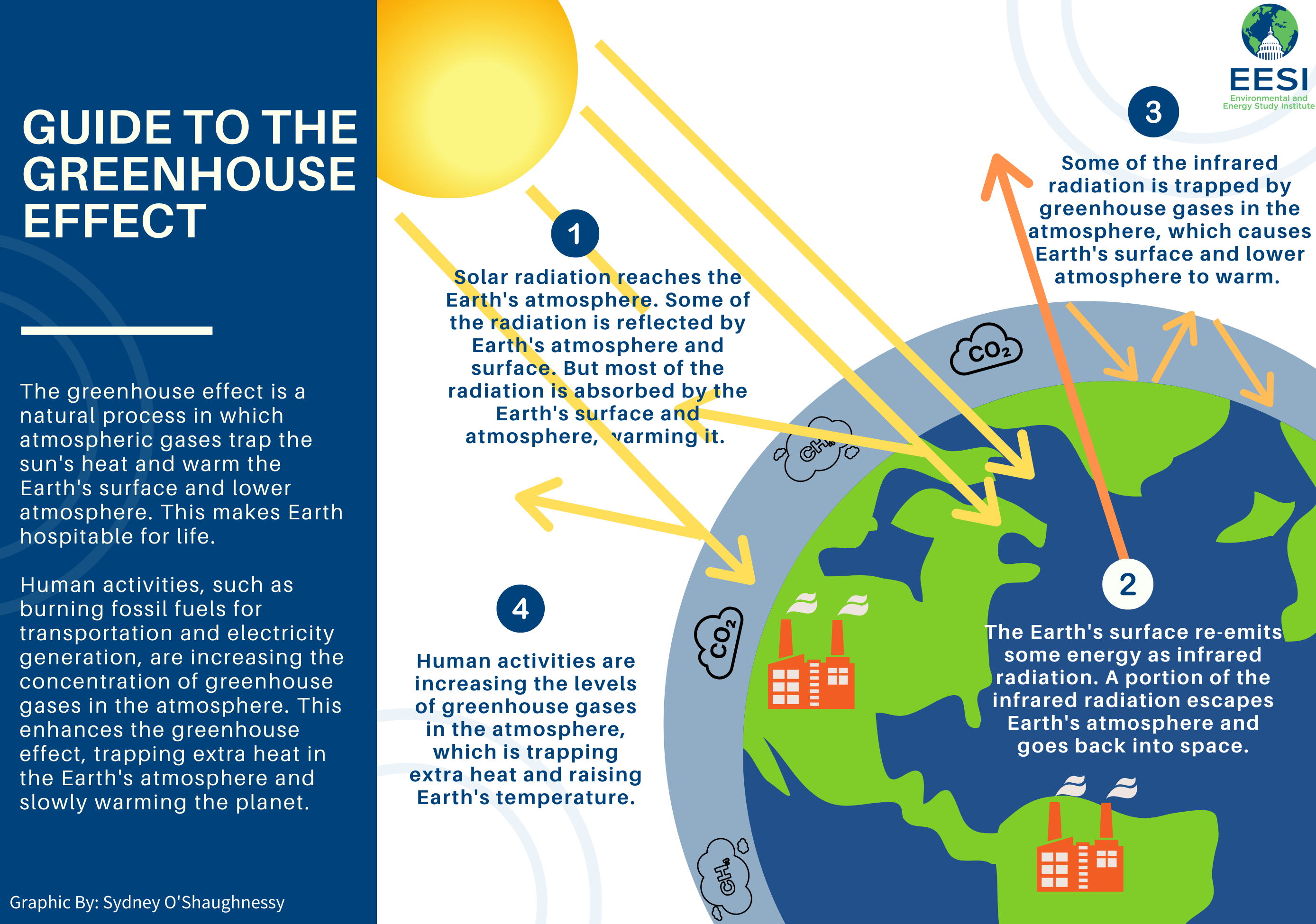



Global Warming Climate Change Frequently Asked Questions Faq Eesi




15 Sources Of Greenhouse Gases




Climate Change Greenhouse Gases Britannica



The Greenhouse Effect




Greenhouse Gases




Climate Change Evidence And Causes Royal Society




Climate Change Indicators Greenhouse Gases Us Epa




The Greenhouse Effect Global Warming The Greenhouse Effect The Earth S Average Temperature Is Increasing Ppt Download




Atmosphere Climate Environment Information Programme
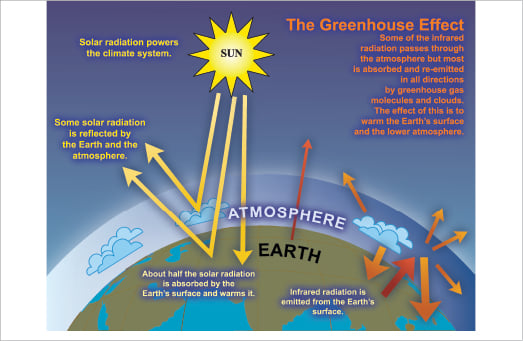



Faq 1 3 Ar4 Wgi Chapter 1 Historical Overview Of Climate Change Science



Climate Science Investigations South Florida Energy The Driver Of Climate




Understanding Climate Change How Greenhouse Gases Warm The Earth Youtube
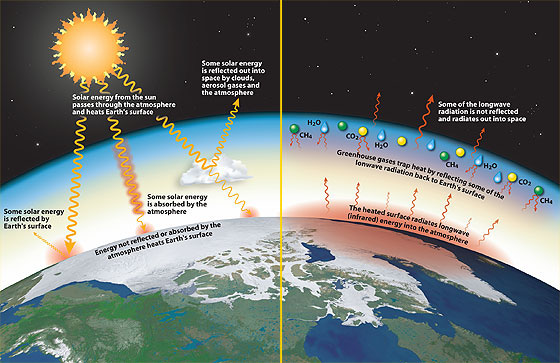



Too Much Of A Good Thing
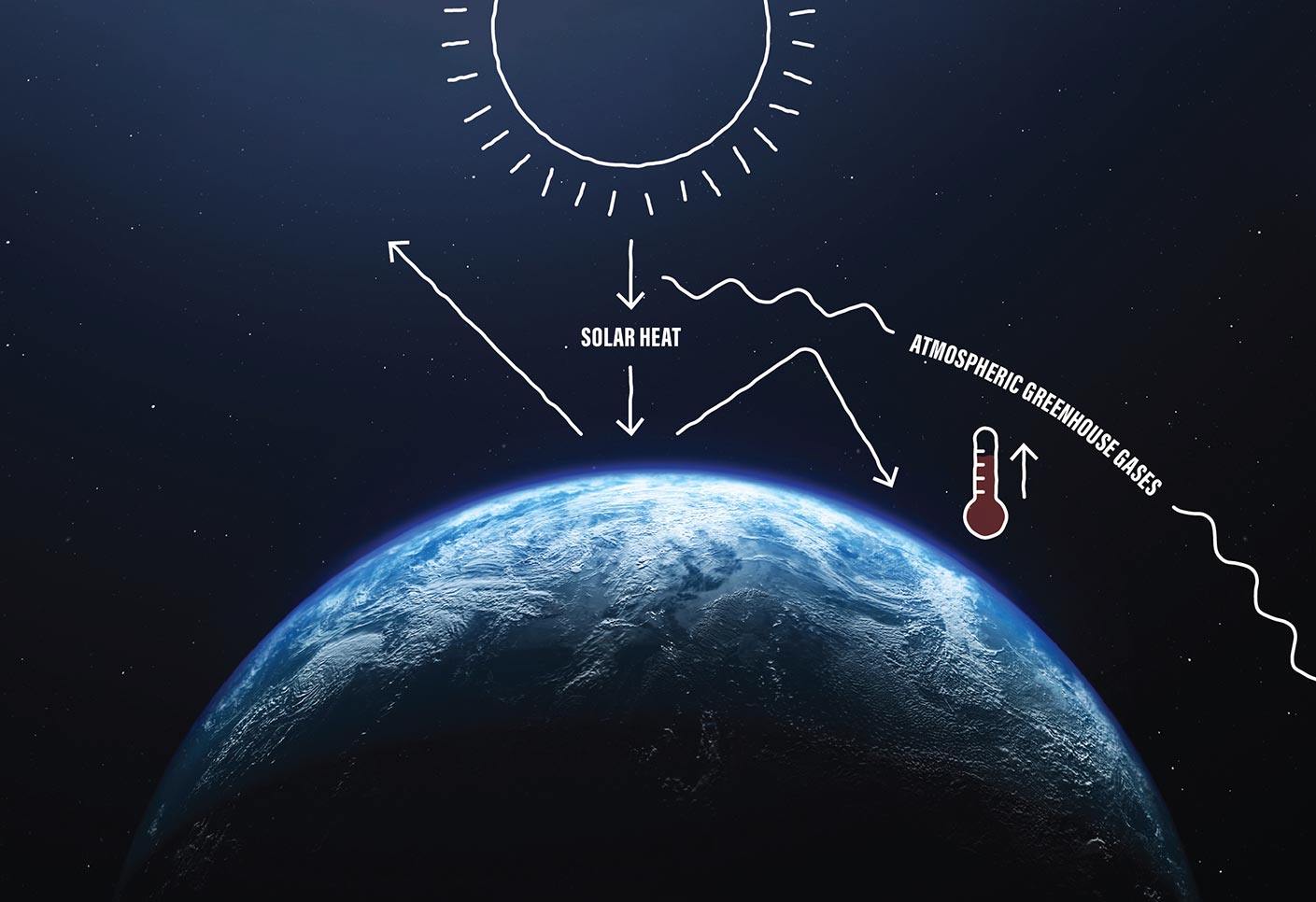



Nasa At Your Table Where Food Meets Methane And The Greenhouse Effect




Greenhouse Effect Accessscience From Mcgraw Hill Education



Simple



Greenhouse Effect Body Used Water Process Earth Plants Form Energy Gas




Greenhouse Effect Bioninja




1 Greenhouse Gas Effect Society For The Preservation Of Wild Culture Download Scientific Diagram



3




Illustration Of The Greenhouse Effect Due To Greenhouse Gases Mainly Download Scientific Diagram
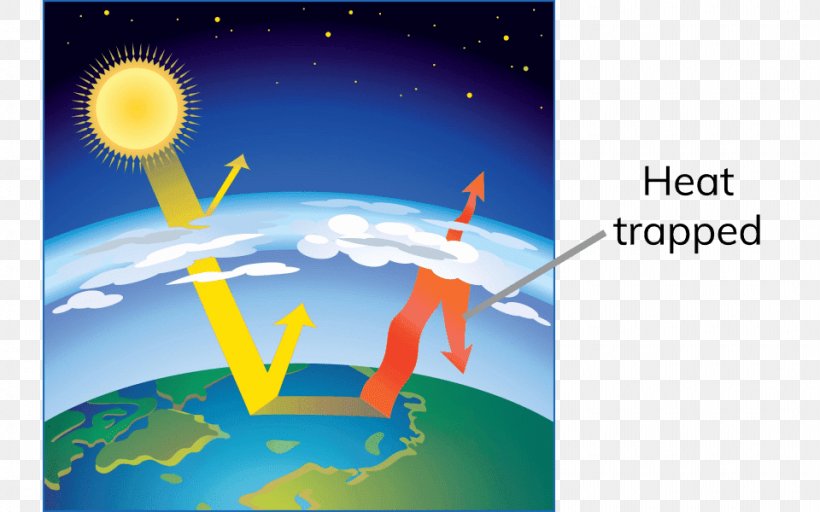



Earth Greenhouse Effect Greenhouse Gas Atmosphere Png 960x600px Earth Atmosphere Atmosphere Of Earth Brand Climate Download
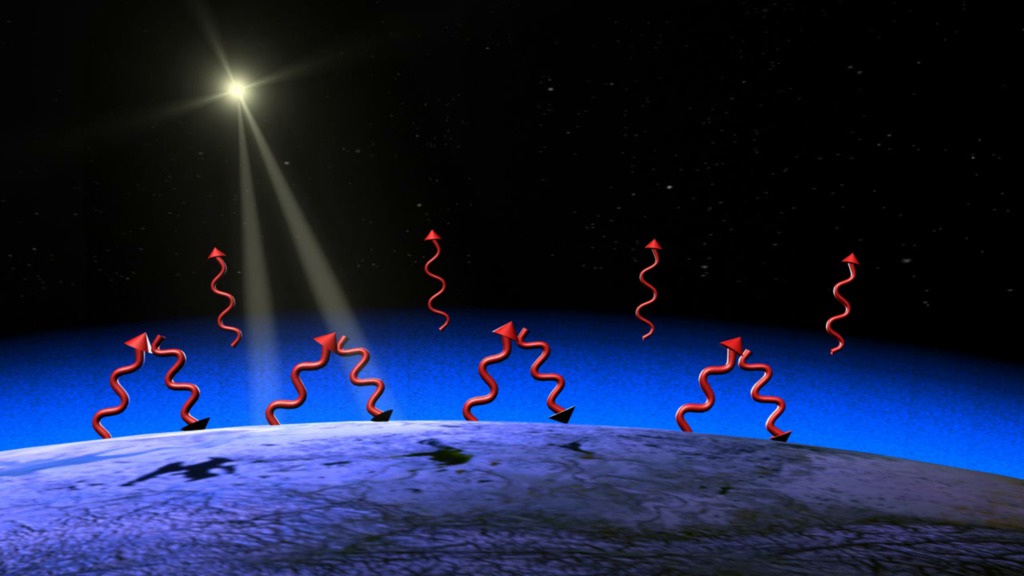



Cilab Greenhouse Gases Effect On Global Warming



0 件のコメント:
コメントを投稿